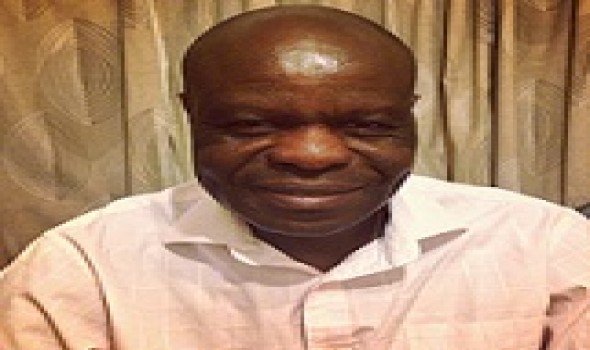Selbin Kabote on: The Summit of African Health Promotion
Selbin Kabote on: The Summit of African Health Promotion

The Member of Parliament for Hackney North and Stoke Newington, Diane Abbott said that some immigration laws and National Health Service NHS laws are creating more obstacles for Africans to access health services, and ultimately contributing to health inequalities. In her keynote speech at the first African health promotion summit held in London, the Member of Parliament said the lack of representation of Africans and other people of colour at decision making level is affecting the funding and provision of services for all Black and Ethnic Minority people. Speaking during the opening session of the summit, the founder and director of the cross-cultural training consultancy RestorEgo, Thandi Haruperi narrated her journey as an African woman who was diagnosed with HIV while in the UK, and the difficulties that many Africans face in accessing services and in navigating a different cultural and social system. Thandi explained that family hierarchies are reversed in the UK. She said that traditionally in Africa men are at the top of the pyramid and have most of the power followed by women and children who are at the bottom. She said in the UK, especially when accessing health and social care, our structures are very children centred. Thandi mentioned that the rights of children are paramount, and often women access much greater protection and opportunities than in their countries of birth and because of this, the pyramid is reversed. She explained that this scenario has a huge impact on men’s self esteem and masculinity and can, in part, explain the alienation of African men, who often are not accessing health services. Thandi spoke at length on how many Africans who have university qualifications, are pushed into doing some of the worst badly paid jobs which she referred to as 3 D jobs. She explained that the: “Dirty, Dangerous and Demanding jobs are undermining the health of Africans in the UK.” Since many black African people in the UK are still getting diagnosed late for HIV, the issue of scaling up testing was discussed at length during the summit’s morning discussion. It is believed that most HIV transmissions in the UK are driven by those who are not yet diagnosed, and/or are seroconverting (Seroconversion is the development of detectable specific antibodies to microorganisms in the blood serum as a result of infection or immunization.) Dr Ike Anya a public health Doctor who works in Kensington and Chelsea, noted that “Not everything that counts can be counted, and not everything that can be counted counts”. Dr Anya said that he thinks that this analysis is also very relevant to an intervention like testing. He said public health institutions like testing because it is an easily quantifiable intervention with clear measurable outcomes. “However what also matters are things that are more difficult to count, like for example the quality of support which enables people who test HIV positive to be healthy and live good lives,” Dr Anya said. Dr Ike Anya said what happens after testing is as important as testing, and probably more important. Africans accounted for nearly a third of all UK HIV infections in 2011. Latest research has revealed that the proportion of Africans infected with the virus in the UK, as opposed to overseas, is now higher than ever. Africans are also the group most likely to be diagnosed with HIV late, when they should have already started treatment. The African Health Promotion Summit addressed some of these challenges by giving delegates the opportunity to share knowledge and experiences. The summit which was organised in partnership with Terrence Higgins Trust, BHA for Equality in health and social care and TB Alert, was very well attended by many health professionals.


